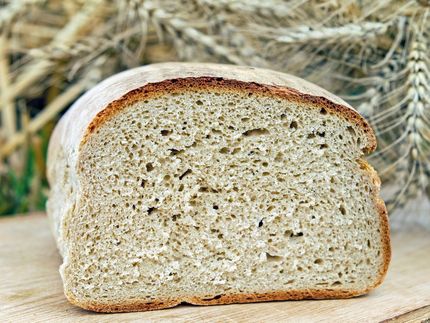Kellogg sells majority stake in Verival
Advertisement
After 4.5 years of successful cooperation, the US food company Kellogg and the Tyrolean organic breakfast brand Verival have agreed to end their partnership. Kellogg is selling its majority 51% stake in the organic company back to its founder, Austrian entrepreneur Wolfgang Fojtl.

Organic muesli, crunchy and porridge from the Tyrolean organic manufacturer Verival
Verival
Both partners agreed to go this route in order to focus on their respective core competencies in the future. "Kellogg has opened up a whole new horizon for us as a brand and I am delighted to be able to continue the exciting journey we have been on over the last few years as a 100% Austrian company from now on. I am proud to have been part of the world's most successful breakfast company and to have helped shape the group's journey towards sustainability and organic products. We have grown as a brand over the years, so it is even more exciting for me now to build on that and continue on my own with my team," Fojtl said. The parties have agreed not to disclose details of the transaction.
The Tyrolean organic manufacturer Verival is the market leader in Austria and Germany in the organic porridge sector and is thus considered a pioneer of the breakfast boom. In addition to numerous porridge varieties, the innovative product range also includes a special sports range and children's breakfast products as well as crunchy, granola, muesli and toppings. The young brand with a long organic tradition handcrafts high-quality ingredients, mostly from its own organic contract farming, into more than 80 different, unique breakfast products in a modern manufacturing plant in Langkampfen, Tyrol. These are sold through leading food retail partners in Austria, Germany and a further 35 export countries, as well as online. The brand name is composed of the Latin VERItas for truth and VALitudo for well-being and combines the values to which the company has remained true since its founding until today.
Note: This article has been translated using a computer system without human intervention. LUMITOS offers these automatic translations to present a wider range of current news. Since this article has been translated with automatic translation, it is possible that it contains errors in vocabulary, syntax or grammar. The original article in German can be found here.



























































